Hi everyone! This is my homily for the 11th SUNDAY IN ORDINARY TIME – June 12, 2016. The readings for today can be found at: http://usccb.org/bible/readings/061216.cfm. Thanks as always for stopping by to read this blog; for sharing it on Facebook, twitter, Reddit and elsewhere on the Internet – and for all your feedback and comments. God Bless You and Yours and have a great week! Fr Jim
Quick commercial… as we enter into Summer, it’s time for the NEWMAN CATHOLIC 2016 SUMMER APPEAL – please check out our website for information: http://chernjam.wix.com/classisite#!appeal/cbjb We appreciate your consideration and your support!
HOMILY:
A week ago, the film Me Before You was released. To be honest, from the 20 second trailer I had already deemed this wasn’t going to be on my must-see list or that I’d be looking for it when it was On-Demand or Netflix. Quite simply it looked like a “date night movie” or a “chick flick” as we used to call it. You could tell pretty quickly that it was a love story and also that someone was going to die in it. So, like I said I hadn’t paid much attention to it at all.
Then a friend shared an article with a somewhat provocative headline caught my attention “Me Before You: Dear Hollywood, why do you want me dead?” The author, a 11 year old named Ella Frech calls out Hollywood in an amazingly eloquent, thoughtful and challenging piece as she begins:
Dear Hollywood,
Why do you want me dead?
Please don’t deny it. The movies you make tell me the truth about what you really think about me.
Me Before You comes out tomorrow. . . It’s the story of a guy who gets in an accident, and has a spinal cord injury, and has to spend the rest of his life in a wheelchair. A guy you think should want to die because he has to live a life that looks like mine.
Well, what’s wrong with a life that looks like mine?
My mom says this isn’t the first movie where a handicapped person had to die for being paralyzed. There was one called Million Dollar Baby where a woman is a quad and bravely chooses death instead of an imperfect life.
So I’m asking you again, what’s wrong with my life? Why do you think I should want to die?
You sit there with your able bodies, and look at people in chairs and think you feel pity for our sad little lives, but the truth is you’re afraid. You don’t want to imagine that you might be one of us one day. You think you can be perfect, and think you’d rather die than have parts that don’t work right.
I think that’s sad.
The idea of what my life looks like bugs you so much that you didn’t even show the truth about it in Me Before You. Would people be upset and weirded out if you showed someone transferring into the car, or using a bath chair, or needing a little help with a ramp? You think that makes people like me weak, and you aren’t OK with weak.
Her entire essay is well worth reading, (which you can right here: http://aleteia.org/2016/06/02/me-before-you-dear-hollywood-why-do-you-want-me-dead/) for a variety of reasons – but that last line “you aren’t OK with weak” really stayed with me.
In fairness to Hollywood (who is in the business simply to make money) they are often catering to whatever the general population wants. When the Passion of the Christ premiered over 10 years ago – and made massive amounts of money – Hollywood didn’t suddenly become OK with religion as they all of a sudden went into this mad rush of producing a bunch of “religious films.” They were trying to cash in on what the movie-going public was interested in.
This doesn’t diminish young Ella’s point. In fact it makes it more brutal – because I think she’s hitting on something: a great number of people, perhaps a majority of the population – maybe even you and I – we aren’t OK with weakness.
When that – that not being OK with weakness causes us to not be limited, not be defined by our weaknesses…propeling us to do things, overcome obstacles, become people we might have never imagined possible – that can be great, healthy and inspirational.
But when not being OK with weakness
-causes us to fear the unknown;
-forget that despite how independent we think we are – none of us willed ourselves into existence and that our each and every breath is in a sense a miracle, a blessing;
-that we see others in their weakness, their fragileness, their vulnerability as a threat to whatever lie, whatever false image we’ve created for ourselves… that’s most definitely not ok.
Isn’t that’s what is blinding Simon the Pharisee’s vision; what’s sullying his heart and soul in the gospel we just heard? Here he has invited Jesus into his home for a meal. Obviously something has peaked his curiosity about who Jesus is that he wanted to see and experience for himself. Perhaps it was the buzz, the news of the tremendous deeds that Jesus had done, miracles that defied explanation. Maybe it was the charismatic words, the sermons he was preaching that were drawing multitudes to come and hear.
What we can tell is it wasn’t Jesus’ love and compassion that captured Simon’s attention. Because when this woman (who’s name is unknown, but whom is identified as a sinful woman -so she wasn’t completely unknown) enters, washes Jesus’ feet with her tears and wipes them with her hair, and kisses them as she anoints them with ointment and Jesus doesn’t dismiss her immediately, Simon is scandalized.
Often times when I’ve read this gospel I just pictured Simon as this pompous, arrogant, self-righteous Pharisee. But that’s where young Ella’s opinion piece helped me see this in a different light. As she addressed Hollywood in her article, she added – You may not believe in God. You don’t have to, and I can’t make you. But I do, and because of that I believe in the value of all people. I believe we are all made in His image and likeness. That’s why I believe all people are worth something. If you believe that people only get their value from each other, then people can take that away. But if our value comes from God, then nobody has the right to say someone who walks is worth more than someone who doesn’t. Maybe you need to find God again, because living without Him has made you mean.
And that’s kind of what stands out as we try to picture this Gospel story playing out in our minds. That Simon is being really mean. Here “the sinful woman” was doing customary acts of hospitality in the humblest of ways possible – obviously expressing in as intimate and personal a way her love for Jesus, her sorrow for her sinfulness, her desire to be worthy to be in His company. Yet, those pompous, arrogant, self-righteous thoughts Simon had were symptoms of something deeper. Simply that in his heart, Simon wasn’t ok with weakness – in the sinful woman, and in himself. He wasn’t ready to admit his own sinfulness, his own weakness. He didn’t know or didn’t want to express his need for Jesus – not as some wonder-man, miracle-worker, eloquent preacher; not for the popularity and fame that was spreading. Bur rather, his personal need for Jesus to save him from his sinfulness.
We are currently in what Pope Francis has called a Jubilee Year of Mercy. It’s meant to be a special time where the entire Church focuses it’s attention on the Mercy of God as the foundation of faith – as something that is central, the heart of the Christian message. The hope is that not only will each and everyone of us be renewed as we come to experience the joy, the radical love of Christ for each one of us in God’s forgiveness of our sins – but that we in turn we will be merciful, strive to radically be merciful as well.
Sadly I think we’ve not embraced Pope Francis’ call to enter into this year of Mercy as profoundly as he hoped in part because we’re not okay with weakness. We’re not okay with it in others. And we’re not okay with it in ourselves. And if that is the case, sadly we find ourselves relating more with Simon the Pharisee than the sinful woman.
In his book, The Name of God is Mercy – Pope Francis very beautifully calls out to us to change that perspective, as he writes:
Are we able to see that we are all fallen beings? Looking in the mirror of our soul, doing inventory on our thoughts and actions, can show us how far from perfection we are. But the important part is not to wallow in it, but to even more daring – to be thankful for weakness. Not in some false humility sort of way – but rather appreciating who we are, seeing those areas that we aren’t happy with and asking the Lord to enter into them, knowing he very much wants to… to heal them… to forgive them… to glorify Himself through us in those very areas. That is what we call Good News.
May this Year of Mercy, May this Gospel we have just heard, open our hearts ever so slightly to being ok with our weakness only because in Jesus we have the answer, the savior who wants us to transform them, transform us, into his glorious new creations.


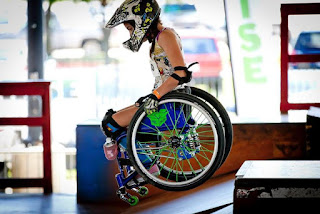
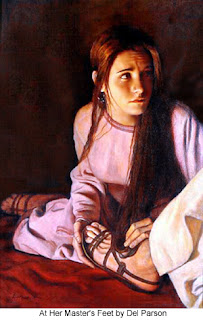



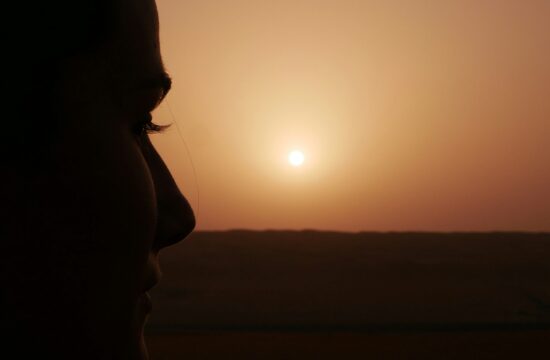
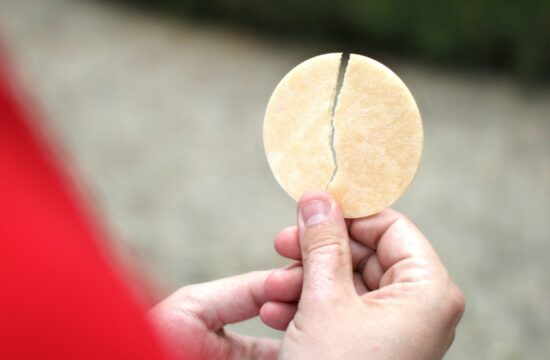
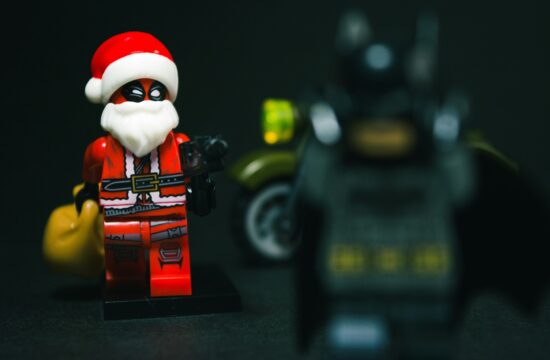
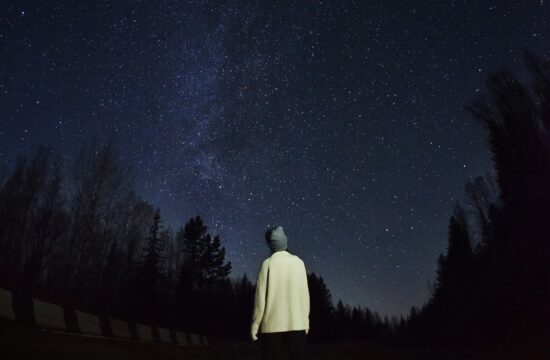
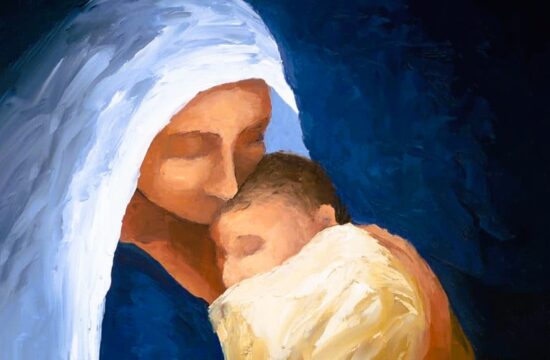
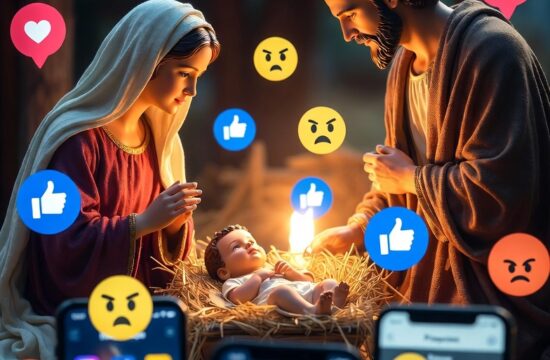


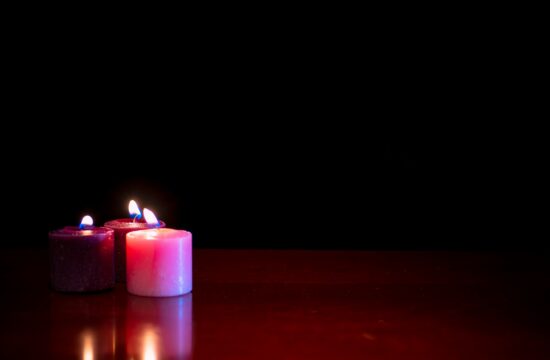
As Ella's mom, I'd like to say thank you for such a beautiful and thoughtful use of her work. We are overwhelmed by the effect an 11 year old's rant has had in the world. It is humbling to see how many people this has touched. Thank you again, and God bless you.
Rebecca – Thank YOU! For raising such an amazing young woman. I was so blown away by her article last week I had re-tweeted it God Bless you and your family and especially Ella!
Rebecca Frech, your daughter is amazing! Her message is being spread widely among my Christian firends.
Fr. Jim, another great homily! Thanks for bringing it all home to us!
Rebecca Frech, your daughter is amazing! Her message is being spread widely among my Christian firends.
Fr. Jim, another great homily! Thanks for bringing it all home to us!